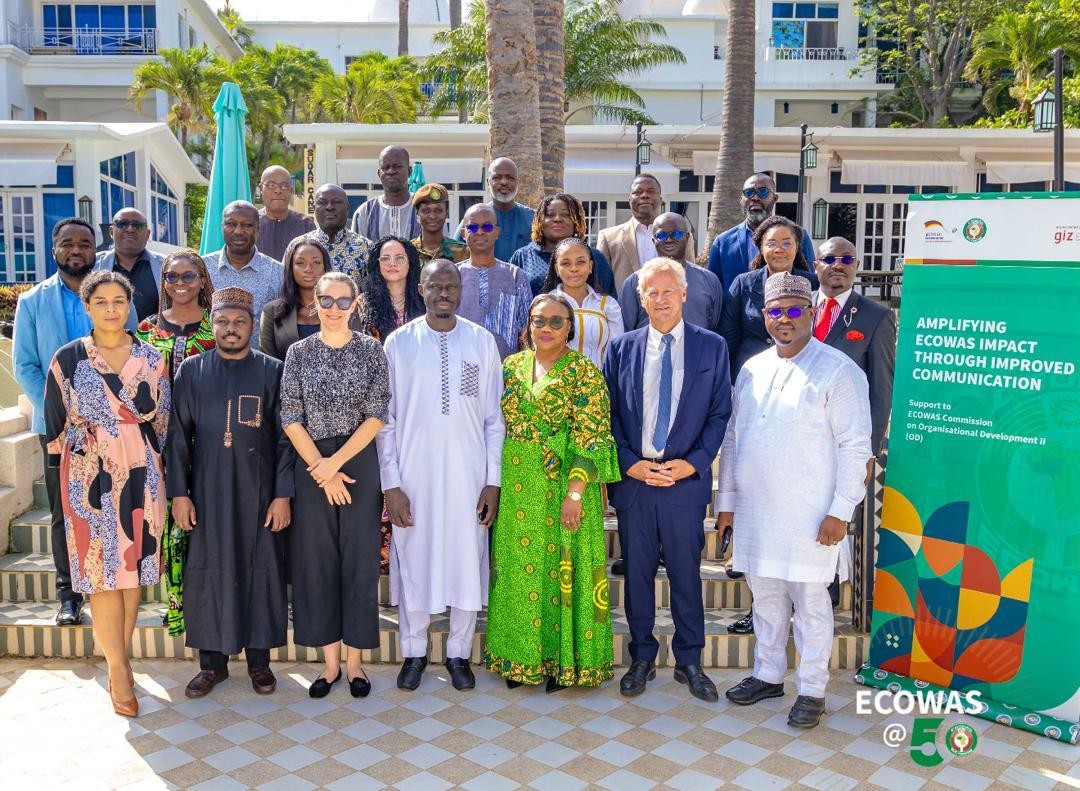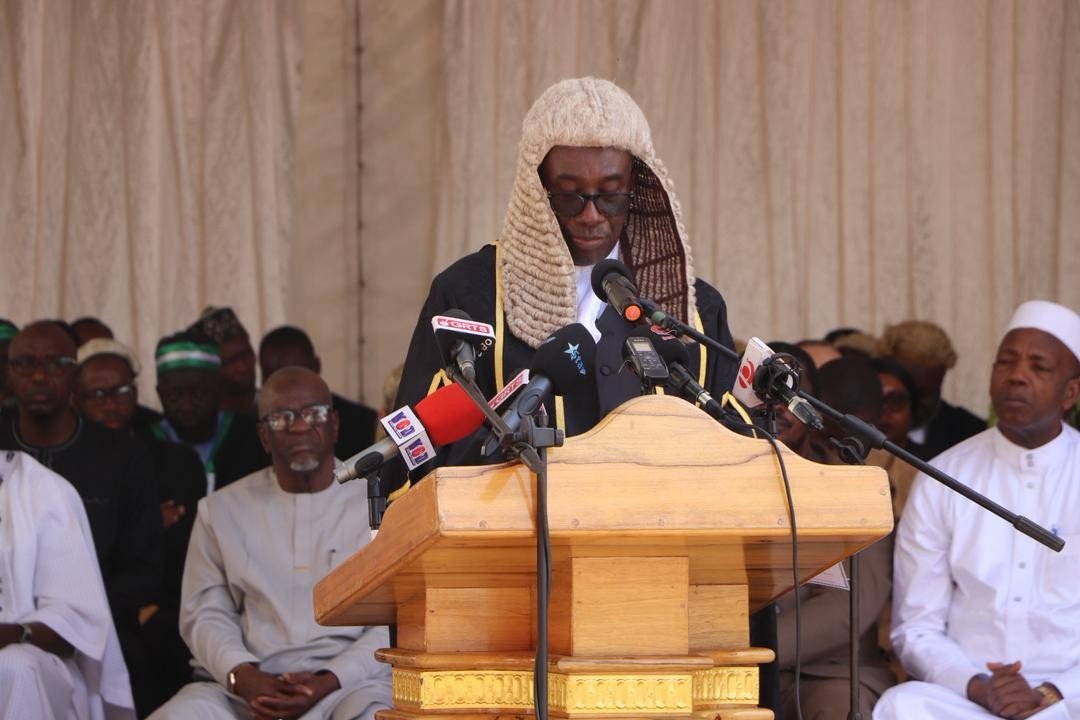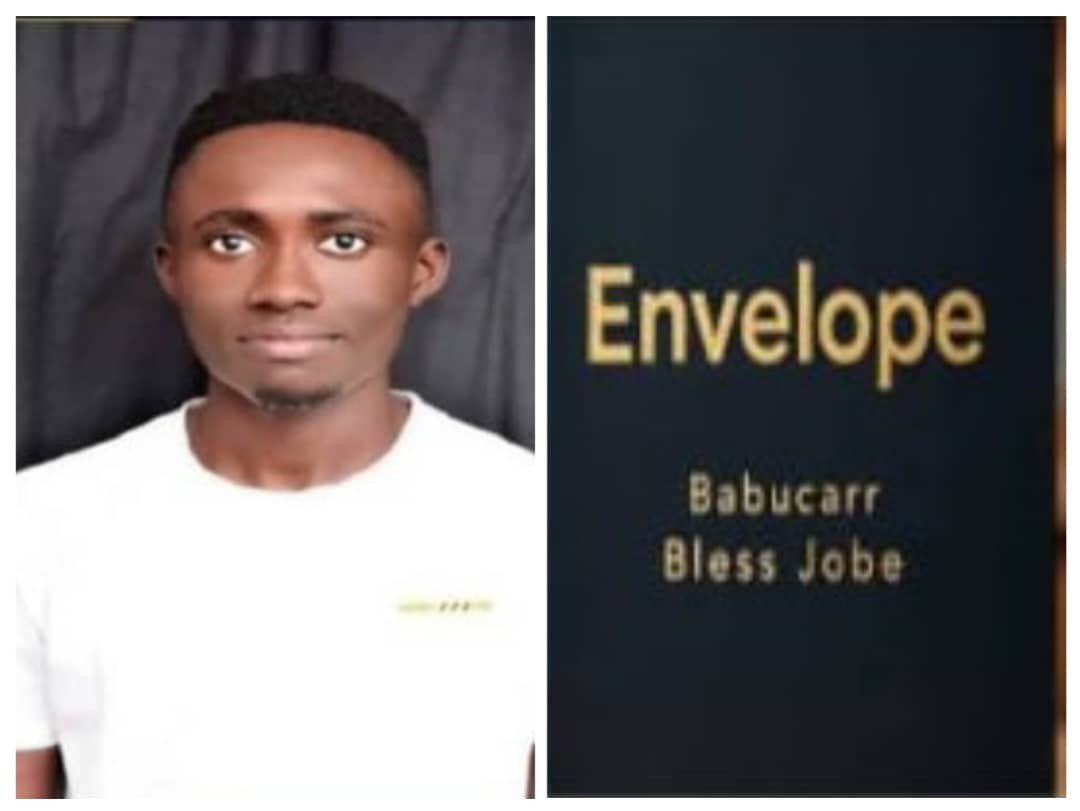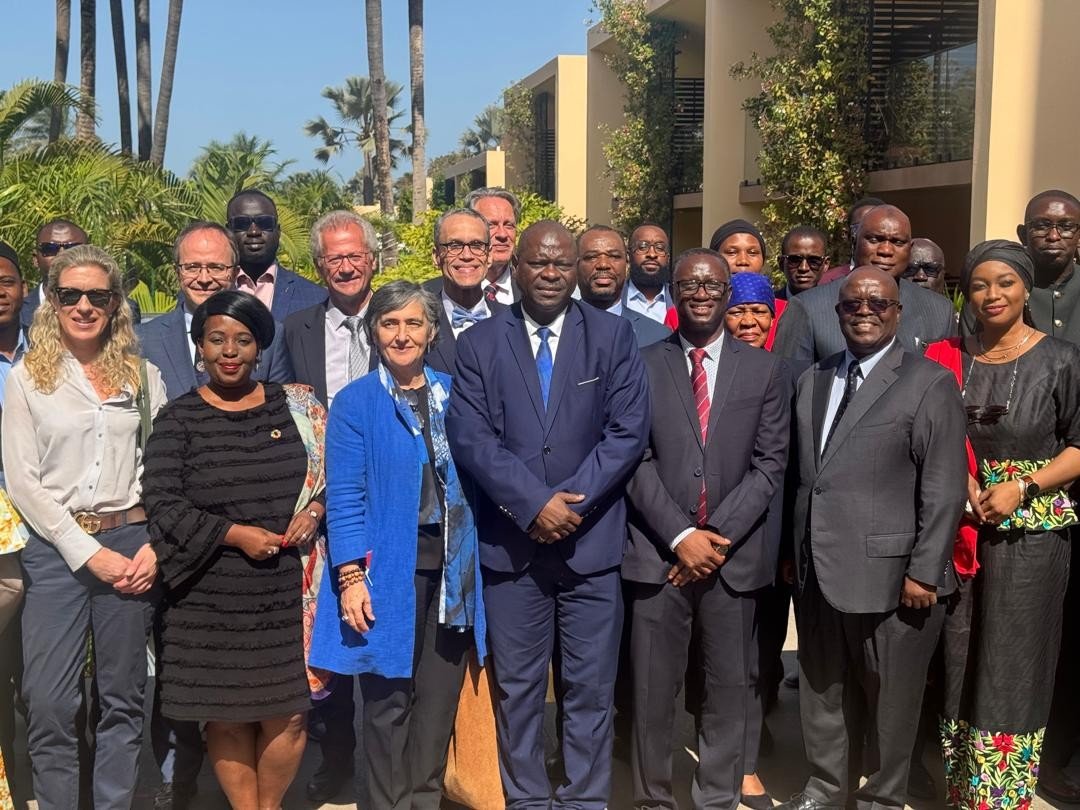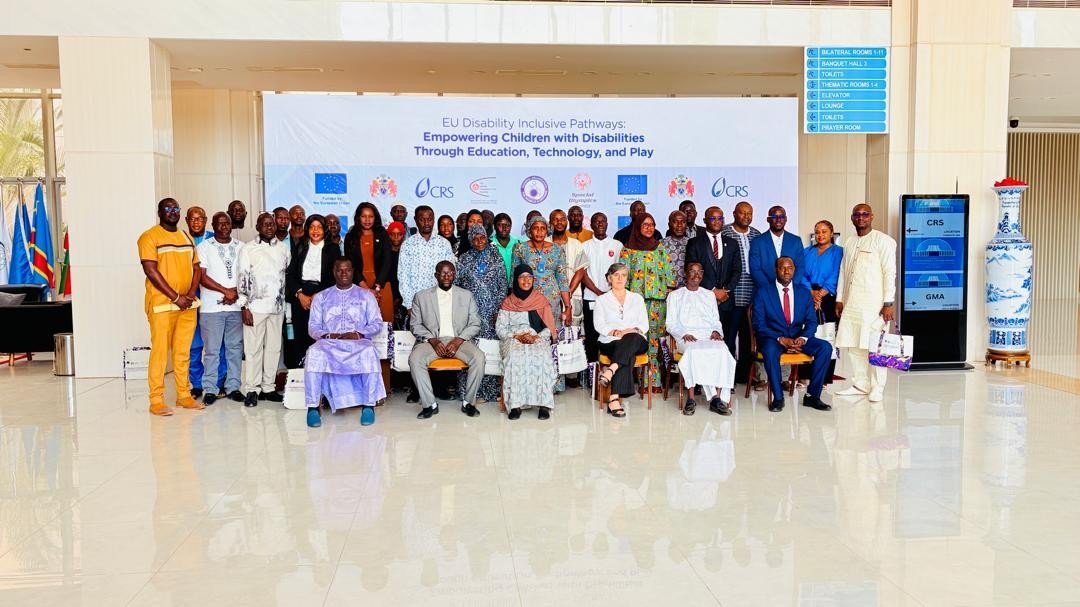The Economic Community of West African States (ECOWAS) has taken a major step towards reshaping its public engagement by convening a four-day strategic communication retreat in Banjul, The Gambia, aimed at transforming its approach to visibility, branding, and citizen engagement.
Held from July 22 to 25, 2025, the retreat brought together communication officers from the ECOWAS Commission, Institutions, and Agencies.
Organised by the ECOWAS Directorate of Communication in collaboration with GIZ, the workshop focused on building capacity in strategic and digital communication while laying the groundwork for a new, comprehensive ECOWAS Communication Strategy aligned with the organization’s Vision 2050.
Speaking at the opening ceremony, Abdou Kolley, Director of Cabinet in the Office of the ECOWAS Commission President, called the retreat a “major milestone” and a continuation of the work started at the 2024 Lagos Communications Retreat. “We are moving into a new phase – the development of a robust communication strategy that is proactive, cohesive, and aligned with Vision 2050,” he said.
Kolley emphasised the urgent need for ECOWAS to transition from reactive to proactive communication to combat misinformation, address political polarization, and rebuild trust between institutions and citizens. “The voice of ECOWAS must not only be heard, it must be trusted, valued, and followed,” he asserted.
The retreat also featured a goodwill message from H.E. Klaus Botzet, German Ambassador to The Gambia, who praised the initiative for reinforcing regional integration. “By laying the foundation for a new strategy and building skills in digital storytelling, ECOWAS is taking essential steps toward deeper regional cohesion,” he noted.
Representing the ECOWAS Commission President, H.E. Dr Omar Alieu Touray, the ECOWAS Resident Representative to The Gambia, H.E. Miatta Lily French, officially opened the retreat. She described the event as more than a training; it was a strategic turning point for commination officers. “We cannot continue to allow ECOWAS to be misunderstood or misrepresented,” she said. “We must take charge of our narrative and confront disinformation head-on.”
Throughout the retreat, participants engaged in sessions aimed at evaluating the current state of ECOWAS communication, identifying gaps, and developing innovative strategies to better connect with citizens in today’s fast-paced digital environment.
The retreat concluded with a unified call to action: to elevate ECOWAS’s voice through impactful storytelling, foster greater trust with stakeholders, and bridge the communication gap between the institution and West African citizens. The new strategy, once finalized, will be a cornerstone in ECOWAS’s efforts to reinforce regional unity and resilience through more effective, transparent, and strategic communication.


